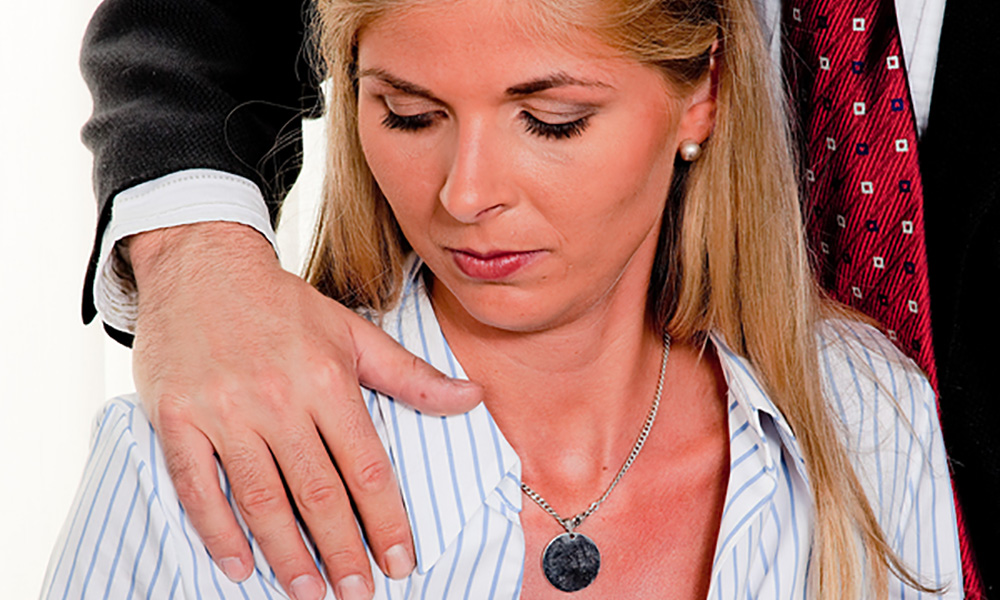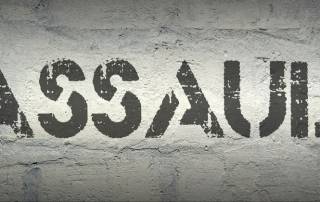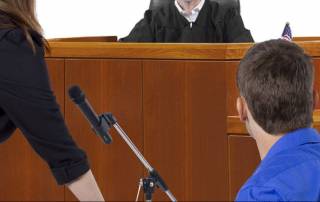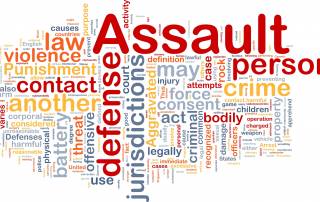New York is considerably strict when it comes to prosecuting allegations of sexual assault. The state defines sexual assaults as anything ranging from unwanted kissing and touching of the genatalia (even if covered by clothing) to rape.
Unfortunately, many who are inexperienced in the law and particularly sensitive to sexual contact can sling allegations of sexual assault without actually knowing what the offense entails, the force with which allegations are prosecuted, and the effect that allegations can have on the life of the accused.
Sexual Assault is A Broad Category
Sexual assault is such a broad category of crime that it can involve offenses ranging from the minor to severe. However, when discussed in conversation, the revelation that a person has been accused of “sexual assault” can paint a picture of that person that is decidedly skewed. Not only is there no telling the seriousness of the offense simply from hearing the name of the offense alone, but allegations are just that – allegations. A person accused of sexual assault, as well as any other crime in New York or the rest of the United States, is allowed to remain innocent until proven guilty. This means that a person is not guilty of an offense just because another has raised an accusation and not even because the police have been called to investigate a suspected sexual assault. A person is not guilty of sexual assault until guilt has been proven, beyond a reasonable doubt, and declared by a judge or jury, based on the facts and testimony provided in a case.
Silence: An Accused Person’s Best Friend
The best thing that someone who has been accused of a sexual assault can do, aside from hiring an experienced New York criminal defense attorney to handle the allegations, is to remain silent. Contrary to popular belief, a person’s right to remain silent does not begin from the moment it is advised by police – the right is constant, perpetual, and permeates every instance of a person’s life. New York citizens always have the right to remain silent, which is, to say nothing at all regarding an accused offense.
Considering that a person’s very freedom is at stake when he or she is accused of a sexual assault, allowing an overzealous police investigator to misinterpret or misrecord a given statement is a risk that most people who are accused of the crime can’t afford to take. If they are concerned that invoking the right to remain silent will somehow make them look guilty, those accused of criminal offenses in New York should consider how much more guilty they will look if they are sent to jail or prison because of their own statements to investigators.
The Nail in the Coffin
In their efforts to talk themselves out of perceived trouble with law enforcement, many accused of sexual assault will say anything and everything they can think of to get the police to leave them alone. While an understandable impulse, trying to talk one’s way out of trouble with police is never advised. Police do not weigh facts, they only gather them. When statements are made to police, they are not being weighed against each other, they are simply being recorded for use against the accused in court.















